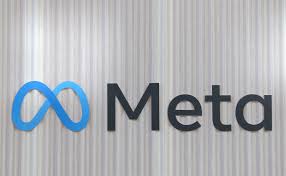
Meta is stepping up its fight against misinformation by alerting users when posts they’ve interacted with are later flagged for fact-checking. The social media giant has updated its Community Notes system to notify people who liked, shared, or commented on content that subsequently receives a Community Note.
The feature will be available across Facebook, Instagram, and Threads.
In addition to these notifications, users can now request that a Community Note be added to a post they believe requires fact-checking and rate existing Notes for helpfulness. The updates are part of ongoing tests since the U.S. launch of Community Notes earlier this year.
So far, more than 70,000 contributors have submitted over 15,000 notes, though only about 6% have been published, reflecting Meta’s strict standards requiring consensus among diverse viewpoints.
The new alert system addresses a persistent challenge in combating misinformation: by the time content is flagged, users who already engaged with it often remain unaware of corrections. By notifying these users, Meta aims to close the loop and reduce the spread of false information.
However, the update comes with trade-offs. Because only a small fraction of notes are published, many posts remain uncorrected, and some corrections may arrive too late to prevent viral spread. Visual content such as images, videos, and Reels, as well as private or semi-private spaces like Groups, continue to pose visibility challenges.
Experts note that Meta’s approach signals a recognition that fact-checking alone is insufficient if users never see the corrections. The platform’s success will hinge on timely alerts, accessible Notes, and user-friendly design that encourages engagement with the corrected information rather than scrolling past it.
Ultimately, the updates mark a shift in Meta’s strategy, from simply labeling misinformation to actively engaging users with timely corrections. If executed well, the alerts could reduce the spread of false content and make online interactions safer, but the real measure will be whether users adjust their behavior and trust the platform’s fact-checking mechanisms.
Meta’s challenge now is not just catching misinformation—it’s ensuring that corrective information reaches the right people at the right time.



